Find Help
More Items From Ergsy search
-
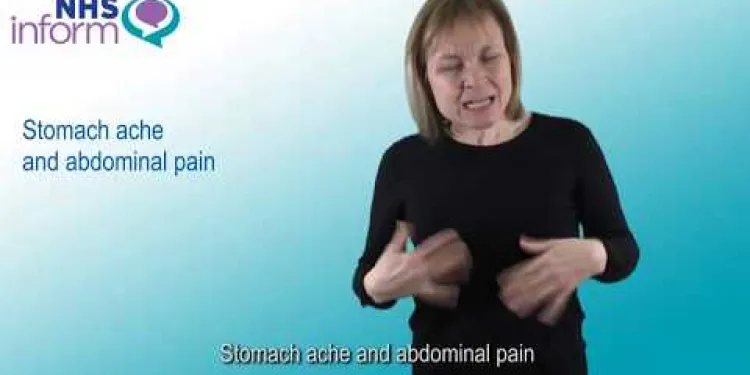
Stomach ache and abdominal pain
Relevance: 100%
-
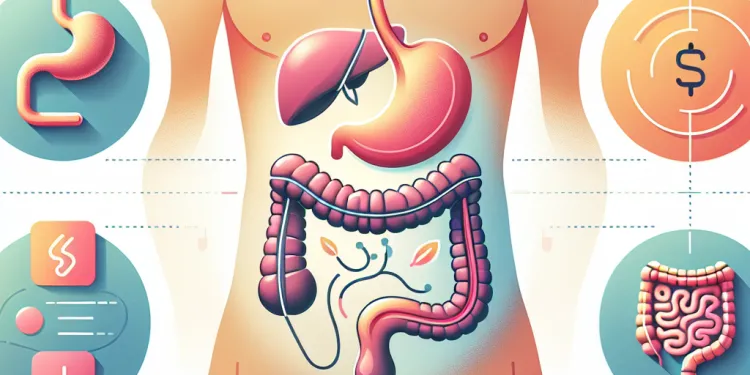
How is appendicitis different from other causes of abdominal pain?
Relevance: 35%
-

Can I do abdominal exercises during pregnancy?
Relevance: 27%
-

Where is the pain located when you have appendicitis?
Relevance: 25%
-

Eddie's Story - Abdominal Aortic Aneurysm (AAA) Screening
Relevance: 24%
-

Can I use Ibuprofen for menstrual pain?
Relevance: 23%
-

How do NSAIDs work to reduce pain?
Relevance: 22%
-

AAA (Abdominal aortic aneurysm) screening
Relevance: 22%
-
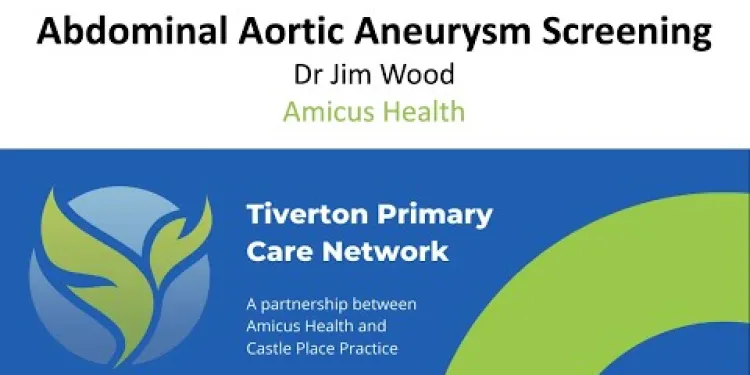
NHS Abdominal Aortic Aneurysm (AAA) Screening
Relevance: 21%
-
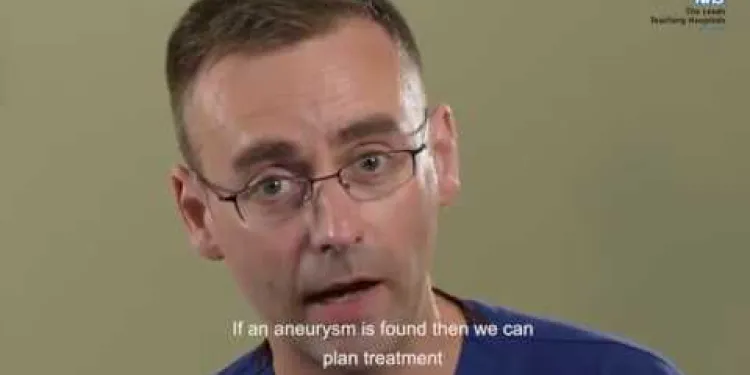
Abdominal Aortic Aneurysm (AAA) screening programme
Relevance: 21%
-
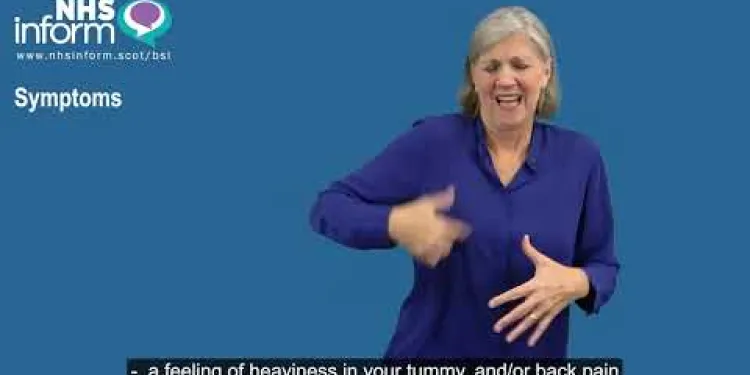
Period pain (dysmenorrhoea) - BSL
Relevance: 21%
-
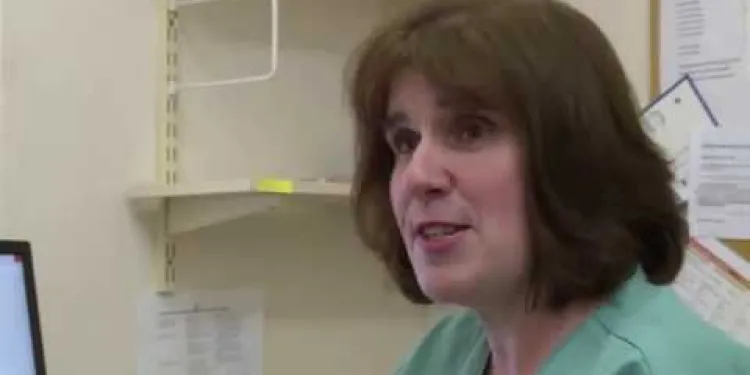
Your abdominal aortic aneurysm (AAA) screening appointment
Relevance: 20%
-

What are the symptoms of norovirus?
Relevance: 20%
-

Mechanical Lower Back Pain
Relevance: 19%
-

Shoulder subacromial shoulder pain
Relevance: 19%
-
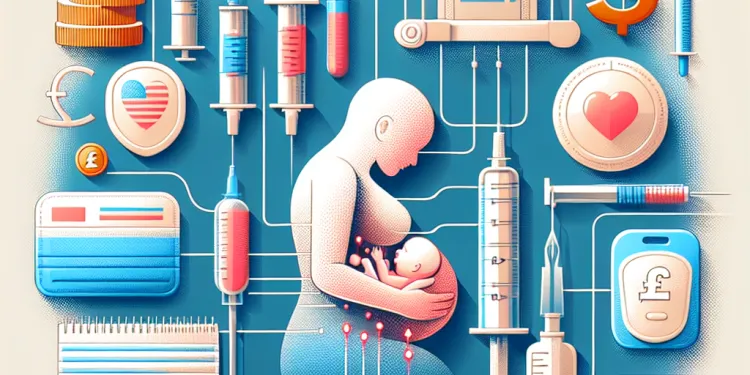
How can I manage pain after a C-section?
Relevance: 19%
-
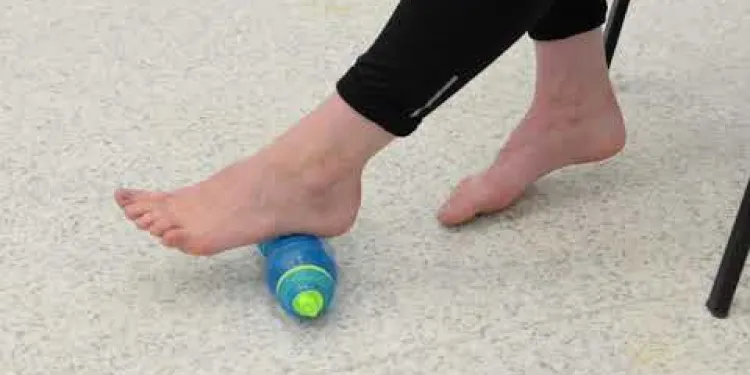
Foot Pain
Relevance: 18%
-
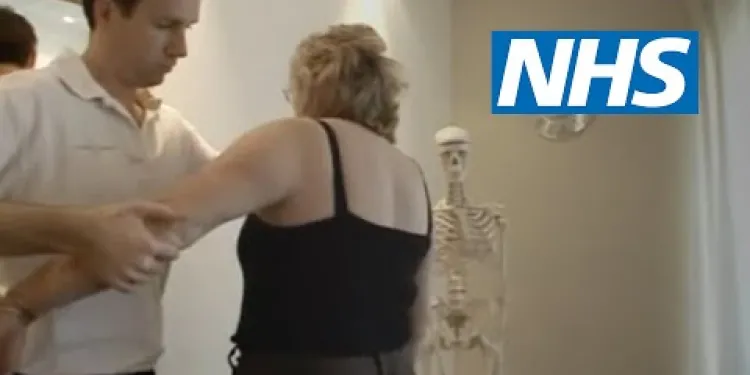
Shoulder pain | NHS
Relevance: 18%
-
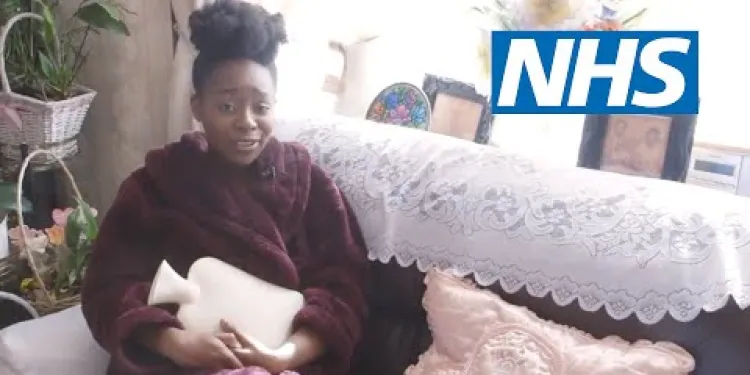
How to deal with period pain | NHS
Relevance: 18%
-
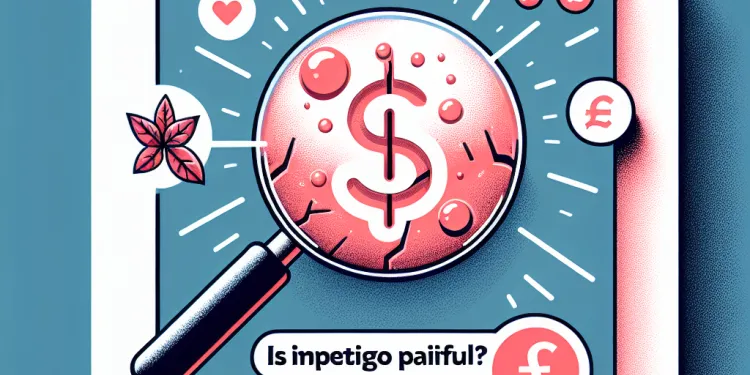
Is impetigo painful?
Relevance: 18%
-

Is a facelift painful?
Relevance: 18%
-

Is a mammogram painful?
Relevance: 18%
-

Survivor of an Abdominal Aortic Aneurysm rupture appeals for men to take up NHS Screening Programme.
Relevance: 18%
-
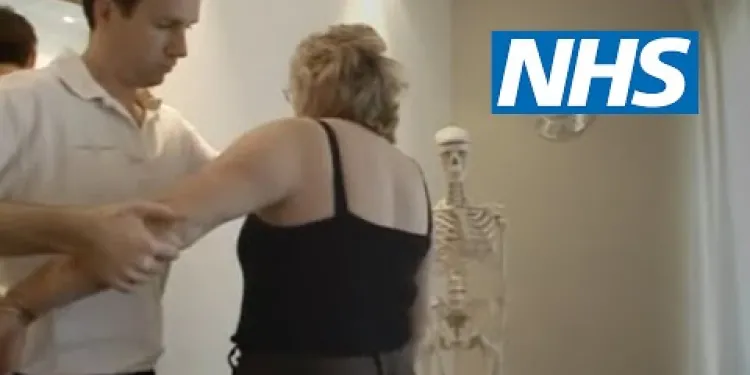
Shoulder pain | NHS
Relevance: 17%
-
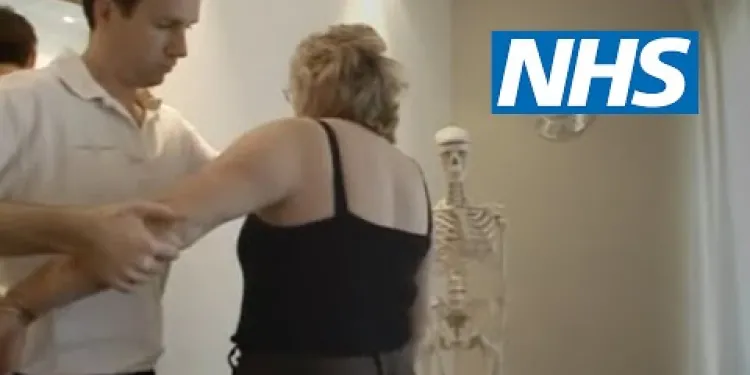
Shoulder pain | NHS
Relevance: 17%
-
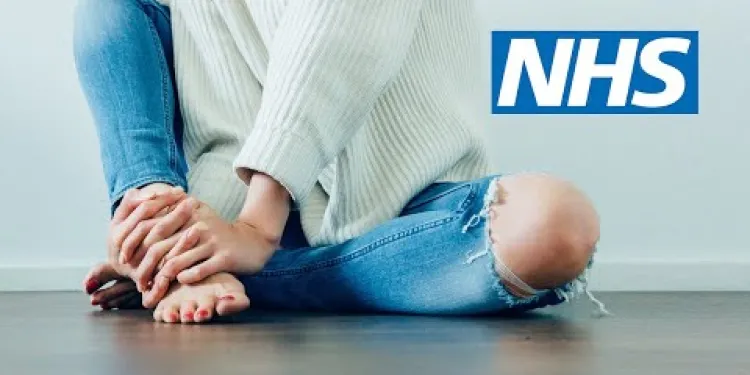
Heel pain | NHS
Relevance: 17%
-

What are the common symptoms of appendicitis?
Relevance: 17%
-
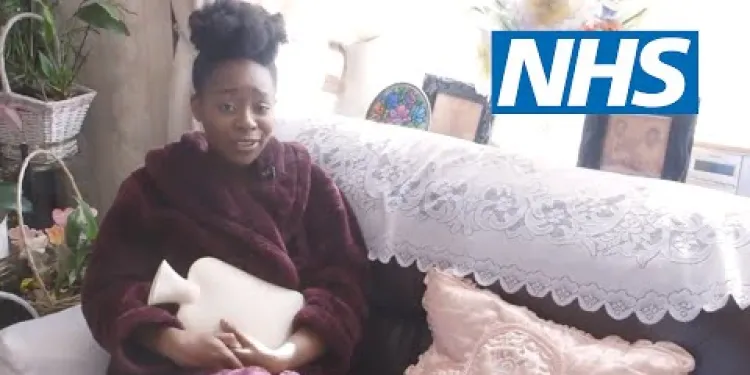
How to deal with period pain | NHS
Relevance: 17%
-
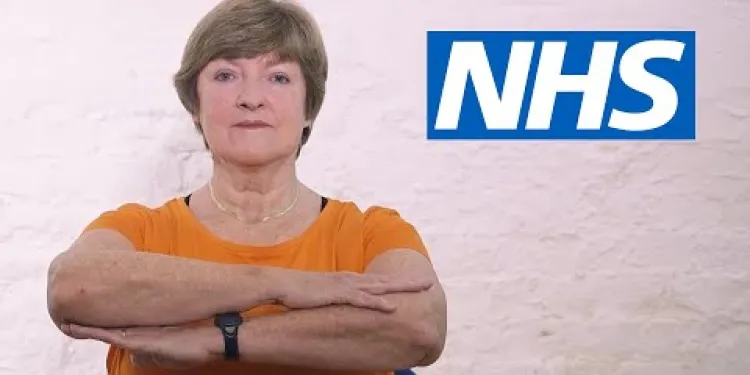
Pilates for back pain: Seated waist twist | NHS
Relevance: 17%
-
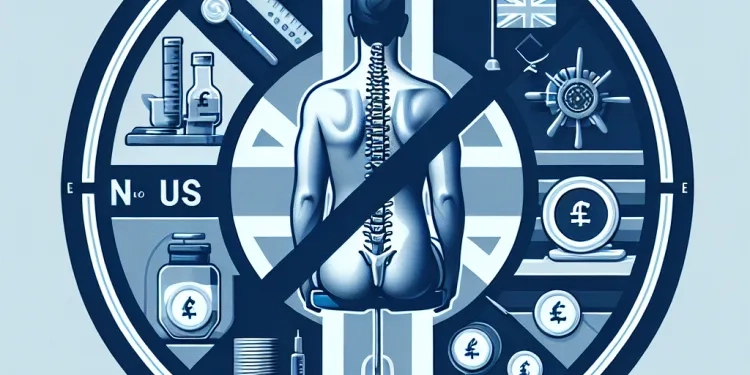
Are chiropractic treatments painful?
Relevance: 17%
-

What are common side effects of Ozempic?
Relevance: 17%
-

Will I feel pain during the procedure?
Relevance: 16%
-
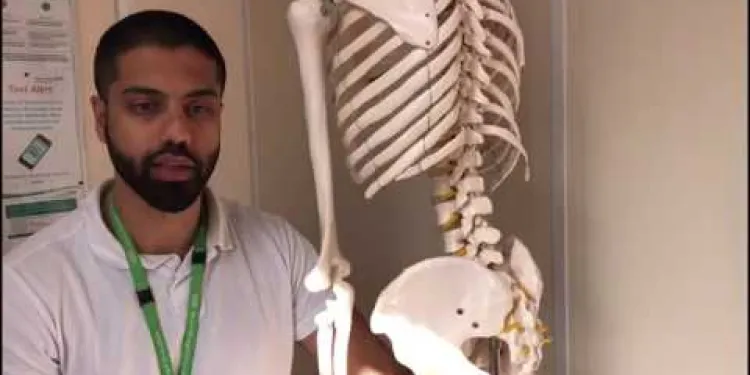
MSK Lower Back Pain information video
Relevance: 16%
-

Advice on neck pain and whiplash
Relevance: 16%
-
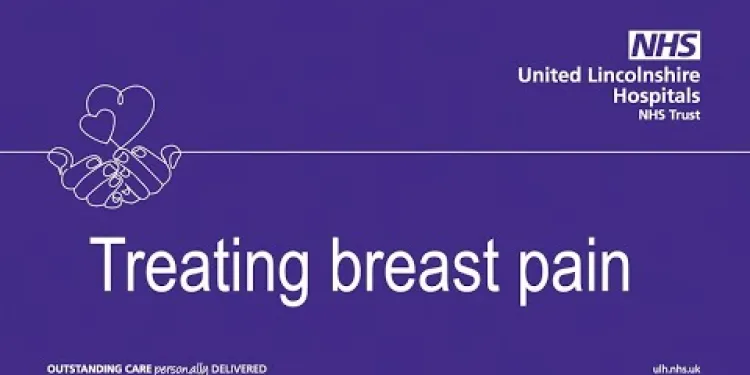
Treating breast pain | United Lincolnshire Hospitals NHS Trust
Relevance: 16%
-
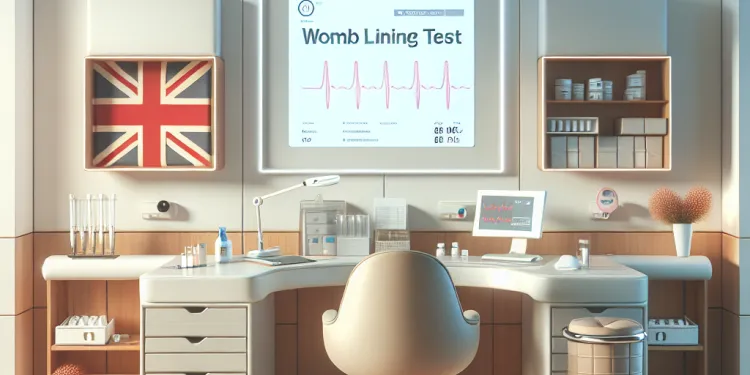
Is the womb lining test painful?
Relevance: 16%
-
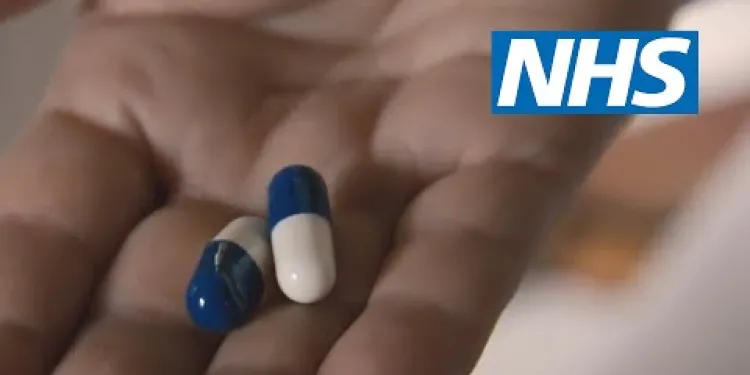
How to treat back pain | NHS
Relevance: 16%
-
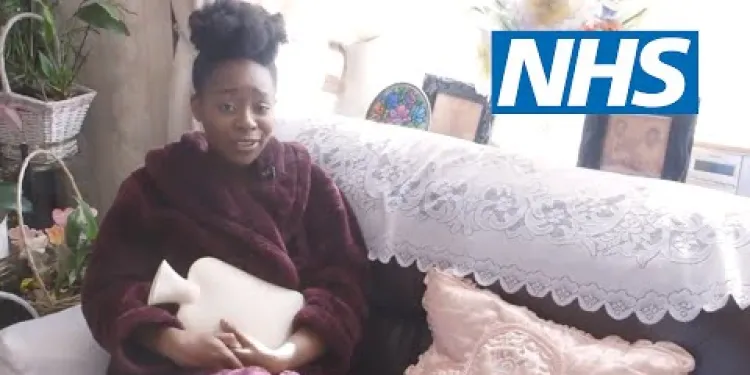
How to deal with period pain | NHS
Relevance: 16%
-
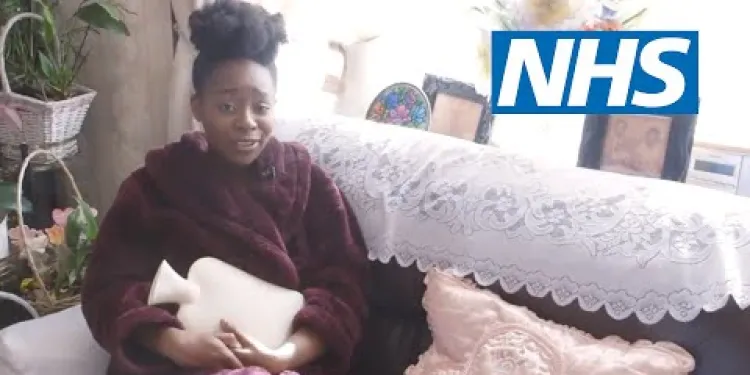
How to deal with period pain | NHS
Relevance: 16%
-
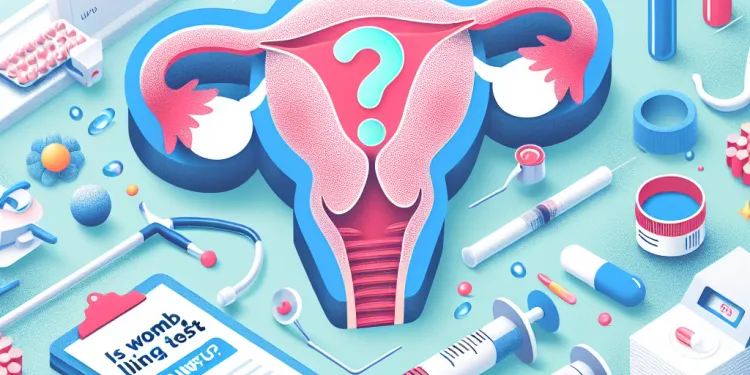
Is a womb lining test painful?
Relevance: 16%
Understanding Stomach Ache and Abdominal Pain
Causes of Stomach Ache
Stomach aches can stem from a variety of causes, ranging from benign to serious. Common causes include indigestion, gas, constipation, and food intolerances. Sometimes, stomach pain might be due to more severe conditions such as appendicitis, gallstones, ulcers, or gastritis. Infections caused by bacteria, viruses, or parasites can also lead to abdominal pain. Identifying the cause is crucial to determine the correct treatment.
Symptoms to Watch Out For
Abdominal pain can manifest in several ways, including sharp, dull, cramping, or burning sensations. Symptoms that accompany these pains can help pinpoint the underlying issue. For instance, nausea, vomiting, bloating, and changes in bowel habits like diarrhea or constipation can provide important clues. If you notice severe pain, persistent symptoms, blood in stool, or unexplained weight loss, it’s vital to seek medical advice promptly.
When to See a Doctor
Most abdominal pains are not indicative of serious health issues and can often be managed with over-the-counter medications or home remedies. However, it’s important to consult a healthcare professional if you experience sudden, severe pain, pain that progressively worsens, or symptoms that interfere significantly with daily activities. In the UK, you can contact NHS 111 for advice or visit your GP for evaluation and management of abdominal pain.
Management and Treatment
Treatment for stomach ache depends on the underlying cause. For minor issues, home remedies such as sipping water, avoiding caffeine, eating smaller meals, and over-the-counter medications like antacids can be effective. For more specific conditions such as gallstones or appendicitis, medical or surgical interventions may be necessary. It's essential to follow a healthcare provider's advice to prevent complications and ensure proper recovery.
Prevention Tips
To prevent stomach aches, adopting certain lifestyle changes can be beneficial. Maintaining a balanced diet rich in fiber, staying hydrated, and regular physical activity can promote digestive health. Avoiding foods that trigger discomfort, such as spicy or fatty items, can also help. Additionally, managing stress through relaxation techniques can prevent stress-related abdominal pain. Staying aware of these practices can contribute to overall well-being.
Resources and Support
In the UK, there are numerous resources and support systems for individuals dealing with abdominal pain. The NHS website provides comprehensive information on symptoms, causes, and treatments. Local pharmacies can offer guidance on over-the-counter remedies. Support groups, both in-person and online, can be valuable for sharing experiences and advice. Ensuring access to reliable information and support can make managing abdominal pain less challenging.
Understanding Stomach Ache and Belly Pain
What Causes Stomach Ache?
Your tummy might hurt for many reasons. Some are mild, and some are more serious. Common reasons include stomach upset, gas, not going to the toilet regularly, or certain foods your body doesn't like. Sometimes, more serious reasons can be things like appendix problems, stones in the gallbladder, sores in the stomach, or an infection. Because so many things can cause tummy pain, it’s important to know the reason to treat it right.
Signs to Look For
Belly pain can feel different, like sharp, dull, or like it’s squeezing. Sometimes it can burn. Other things happen with these pains, like feeling sick, throwing up, feeling bloated, or changes in toilet habits like having very loose or hard stools. If you have really bad pain, pain that won’t go away, blood when you go to the toilet, or if you’re losing weight and don't know why, you should talk to a doctor right away.
When to See a Doctor
Most tummy pains are not serious and can be treated at home or with medicine from the shop. But, you should see a doctor if the pain is very bad, keeps getting worse, or stops you from doing everyday things. In the UK, you can call NHS 111 for advice or visit your doctor to find out what’s wrong and how to treat it.
How to Manage and Treat It
How you treat a tummy ache depends on what’s causing it. For mild problems, you can try drinking water, staying away from coffee, eating smaller meals, or using shop medicines like Gaviscon. For things like gallstones or appendix problems, you might need special medicine or an operation. Always follow what your doctor says to get better and avoid more issues.
How to Stop it From Happening
You can do a few things to help keep tummy aches away. Eat healthy foods with lots of fiber, drink plenty of water, and stay active to help your digestion. Avoid foods that upset your stomach, like spicy or fatty foods. Also, try to stay calm and not stressed, as stress can cause tummy pain too. Doing these things can help you stay healthy.
Where to Get Help
In the UK, there are many places to get help if your tummy hurts. The NHS website has lots of information about symptoms and treatments. Pharmacies can tell you what medicine to use. Support groups, in your town or online, can be good for talking to others about your experience and getting advice. Having access to these resources can make dealing with tummy aches easier.
Frequently Asked Questions
What are common causes of stomach aches and abdominal pain?
Common causes can include indigestion, gas, constipation, food allergies, infections, stress, and more serious conditions like appendicitis or gallstones.
When should I see a doctor for abdominal pain?
You should see a doctor if your pain is severe, persistent, accompanied by other symptoms like fever or vomiting, or if you have a history of gastrointestinal issues.
Can stress cause stomach aches?
Yes, stress can trigger stomach aches and other gastrointestinal symptoms as it affects the digestive system.
What can I do at home to relieve stomach pain?
Home remedies include resting, staying hydrated, applying a warm compress, avoiding solid foods, and taking over-the-counter antacids or pain relievers.
Is abdominal pain a sign of COVID-19?
Abdominal pain can be a symptom of COVID-19, but it is usually accompanied by other symptoms like cough, fever, and loss of taste or smell.
Can certain foods cause stomach pain?
Yes, foods that are spicy, fatty, or high in acidity can cause stomach pain, as can foods to which you may be intolerant or allergic.
What is the difference between acute and chronic abdominal pain?
Acute abdominal pain comes on suddenly and may require urgent medical attention, while chronic pain is persistent or recurrent over a long period of time.
Can menstrual cycles cause abdominal pain?
Yes, menstrual cramps or conditions like endometriosis can cause abdominal pain during menstrual cycles.
How can I prevent stomach aches?
Preventative measures include eating a balanced diet, staying hydrated, managing stress, and avoiding foods that trigger symptoms.
Can exercise help with stomach aches?
Moderate exercise can help prevent and relieve some types of abdominal pain by enhancing digestion and reducing stress.
Are stomach aches in children usually serious?
Most stomach aches in children are not serious and can be due to diet, stress, or minor infections. However, persistent or severe pain should be evaluated by a doctor.
What are some warning signs that stomach pain is serious?
Warning signs include severe pain, sudden pain, pain accompanied by fever, vomiting, weight loss, blood in stools, or jaundice.
What over-the-counter medications can help with stomach pain?
Common over-the-counter medications include antacids, anti-gas medications, and pain relievers like paracetamol or ibuprofen.
Can dehydration cause stomach pain?
Yes, dehydration can lead to stomach cramps and pain, and it can also exacerbate other gastrointestinal issues.
Is it safe to take pain medication for stomach aches?
It is generally safe to take over-the-counter pain meds like paracetamol, but avoid ibuprofen and aspirin if you have stomach ulcers or other gastrointestinal conditions.
What can make your tummy hurt?
Here are some things that can make your tummy hurt:
- Eating too much: Eating a lot can make your tummy feel full and sore.
- Eating too fast: Eating quickly can upset your tummy.
- Gas: Gas can make your tummy feel tight and painful.
- Too much candy: Eating lots of sweets can make your tummy feel bad.
- Not enough water: Drinking little water can make your tummy ache.
- Stress or worry: Feeling worried or stressed can make your tummy hurt.
Try to eat slowly, drink water, and relax to help your tummy feel better.
Lots of things can make your tummy hurt. It could be because of:
- Having a full tummy
- Too much gas
- Not going to the toilet enough
- Eating foods your tummy doesn't like
- Being sick
- Feeling worried or upset
- Other serious things like a sore appendix or gallstones
Here are some ways to help:
- Try to relax and take deep breaths
- Drink water slowly
- Tell an adult how you feel
- See a doctor if it doesn't get better
When should I see a doctor for a tummy ache?
Do you have a tummy ache? Sometimes, it is important to visit a doctor.
Here is when you should see a doctor:
- If the pain is very strong.
- If it does not go away.
- If you also feel sick or have a high temperature.
If you are not sure what to do, you can ask someone you trust for help.
If your tummy hurts a lot, won't stop hurting, you feel sick or have a fever, or if you've had stomach problems before, you should go see a doctor.
Can being worried make your tummy hurt?
Yes, feeling stressed can make your tummy hurt and cause other stomach problems. It can change how your stomach works.
How can I help my tummy feel better at home?
Here are some things you can do to feel better:
1. Take a break and rest.
2. Drink lots of water.
3. Use a warm cloth on your tummy if it hurts.
4. Don't eat hard foods that are tough to chew.
5. You can take medicine you buy at the store for tummy ache or pain.
It might help to ask a grown-up to help you with these things.
Can belly pain mean you have COVID-19?
Tummy pain can be a sign of COVID-19, but it usually comes with other signs like coughing, feeling hot, and not being able to taste or smell things.
Do some foods make your tummy hurt?
Yes, some foods can make your tummy hurt. Foods that are spicy, oily, or very sour can cause pain. Foods that your body doesn't like or that you're allergic to can also make your tummy hurt.
What is the difference between acute and chronic tummy pain?
Acute tummy pain starts suddenly and doesn't last long. It's the kind of pain you feel if you have a stomach bug or eat something bad.
Chronic tummy pain lasts a long time. It can come and go. It's the kind of pain you might feel every day or every week.
Tools and tips to help:
- Try using a picture chart to show how much it hurts.
- Keep a diary of when the pain comes and goes.
- Talk to a doctor if you are worried.
Acute belly pain starts quickly and might need a doctor right away. Chronic pain is pain that keeps coming back or lasts a long time.
Can periods cause tummy pain?
Yes, tummy pain can happen during periods. This can be because of cramps or a condition called endometriosis.
How can I stop my tummy from hurting?
You can stay healthy by doing these things:
- Eat different kinds of food that are good for you.
- Drink enough water every day.
- Find ways to feel calm and happy, so you don't feel too much stress.
- Stay away from foods that make you feel sick.
Does exercise make tummy aches feel better?
Doing some exercise can help stop and make some tummy aches better. It helps food move better in your belly and makes you feel less worried.
Is a child's tummy ache something to worry about?
Most tummy aches in kids are not serious. They can happen because of what they eat, feeling worried, or small infections. But if the pain doesn't go away or is very bad, a doctor should look at it.
How can I tell if stomach pain is serious?
Look out for these danger signs:
- Very strong pain.
- Pain that happens quickly.
- Pain with a fever.
- Pain with throwing up.
- Losing weight.
- Blood in your poo.
- Yellow skin and eyes.
If you see any of these signs, talk to a doctor. You can also use picture charts or videos to help understand these signs better.
What medicines can I buy to help with tummy ache?
If your tummy hurts, there are some medicines you can buy from the shop that might help.
- Tummy Relax Medicine: This can make your tummy feel better.
- Gas Relief Medicine: If your tummy is full of air, this can help.
- Heartburn Medicine: If your chest feels hot or you have a burning feeling, this can help.
Always read the instructions on the box. If you are not sure, ask an adult or a pharmacy worker for help.
Tip: Drinking warm water or having a hot water bottle on your tummy might also help you feel better.
Some medicines you can buy without a doctor's note are:
- Tummy tablets to help with heartburn.
- Medicine to help if you have too much gas in your tummy.
- Pain medicine like paracetamol or ibuprofen.
If reading is hard, you can use audiobooks or talk to someone about it.
Can Feeling Thirsty Give You a Tummy Ache?
Yes, not drinking enough water can cause your stomach to hurt and cramp. It can also make other stomach problems worse.
Can I take pain medicine for a tummy ache safely?
You can usually take pain medicine like paracetamol safely. But do not take ibuprofen or aspirin if you have a sore tummy or stomach problems.
Useful Links
This website offers general information and is not a substitute for professional advice.
Always seek guidance from qualified professionals.
If you have any medical concerns or need urgent help, contact a healthcare professional or emergency services immediately.
- Ergsy carfully checks the information in the videos we provide here.
- Videos shown by Youtube after a video has completed, have NOT been reviewed by ERGSY.
- To view, click the arrow in centre of video.
- Most of the videos you find here will have subtitles and/or closed captions available.
- You may need to turn these on, and choose your preferred language.
- Go to the video you'd like to watch.
- If closed captions (CC) are available, settings will be visible on the bottom right of the video player.
- To turn on Captions, click settings .
- To turn off Captions, click settings again.
More Items From Ergsy search
-

Stomach ache and abdominal pain
Relevance: 100%
-

How is appendicitis different from other causes of abdominal pain?
Relevance: 35%
-

Can I do abdominal exercises during pregnancy?
Relevance: 27%
-

Where is the pain located when you have appendicitis?
Relevance: 25%
-

Eddie's Story - Abdominal Aortic Aneurysm (AAA) Screening
Relevance: 24%
-

Can I use Ibuprofen for menstrual pain?
Relevance: 23%
-

How do NSAIDs work to reduce pain?
Relevance: 22%
-

AAA (Abdominal aortic aneurysm) screening
Relevance: 22%
-

NHS Abdominal Aortic Aneurysm (AAA) Screening
Relevance: 21%
-

Abdominal Aortic Aneurysm (AAA) screening programme
Relevance: 21%
-

Period pain (dysmenorrhoea) - BSL
Relevance: 21%
-

Your abdominal aortic aneurysm (AAA) screening appointment
Relevance: 20%
-

What are the symptoms of norovirus?
Relevance: 20%
-

Mechanical Lower Back Pain
Relevance: 19%
-

Shoulder subacromial shoulder pain
Relevance: 19%
-

How can I manage pain after a C-section?
Relevance: 19%
-

Foot Pain
Relevance: 18%
-

Shoulder pain | NHS
Relevance: 18%
-

How to deal with period pain | NHS
Relevance: 18%
-

Is impetigo painful?
Relevance: 18%
-

Is a facelift painful?
Relevance: 18%
-

Is a mammogram painful?
Relevance: 18%
-

Survivor of an Abdominal Aortic Aneurysm rupture appeals for men to take up NHS Screening Programme.
Relevance: 18%
-

Shoulder pain | NHS
Relevance: 17%
-

Shoulder pain | NHS
Relevance: 17%
-

Heel pain | NHS
Relevance: 17%
-

What are the common symptoms of appendicitis?
Relevance: 17%
-

How to deal with period pain | NHS
Relevance: 17%
-

Pilates for back pain: Seated waist twist | NHS
Relevance: 17%
-

Are chiropractic treatments painful?
Relevance: 17%
-

What are common side effects of Ozempic?
Relevance: 17%
-

Will I feel pain during the procedure?
Relevance: 16%
-

MSK Lower Back Pain information video
Relevance: 16%
-

Advice on neck pain and whiplash
Relevance: 16%
-

Treating breast pain | United Lincolnshire Hospitals NHS Trust
Relevance: 16%
-

Is the womb lining test painful?
Relevance: 16%
-

How to treat back pain | NHS
Relevance: 16%
-

How to deal with period pain | NHS
Relevance: 16%
-

How to deal with period pain | NHS
Relevance: 16%
-

Is a womb lining test painful?
Relevance: 16%


